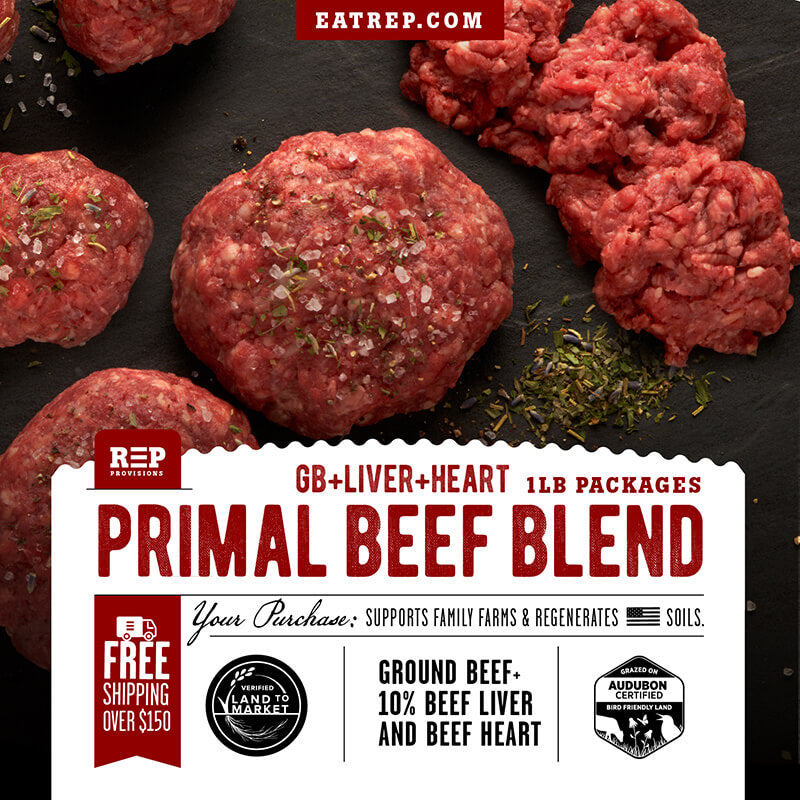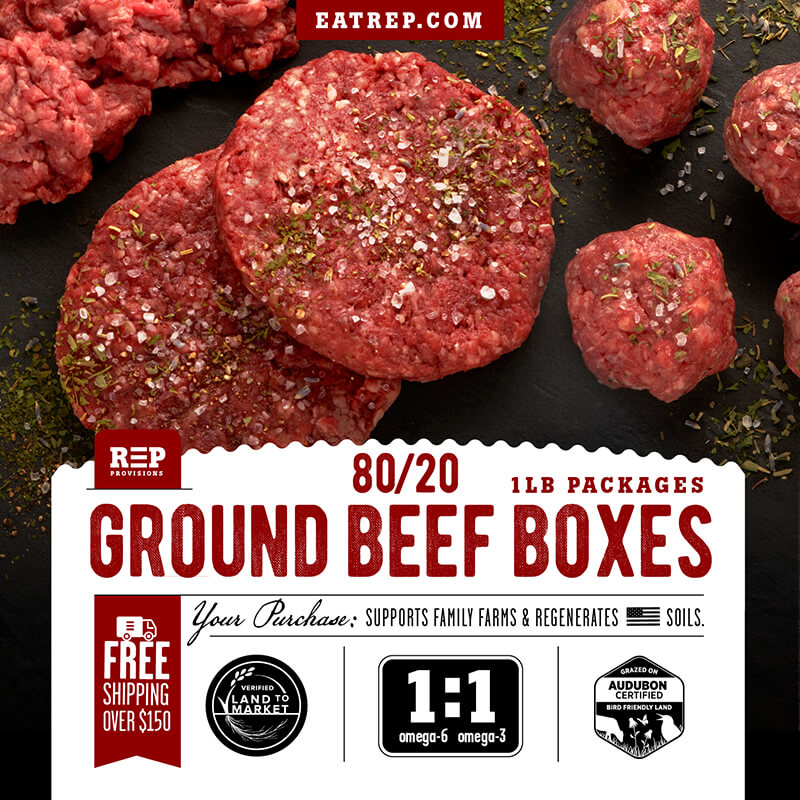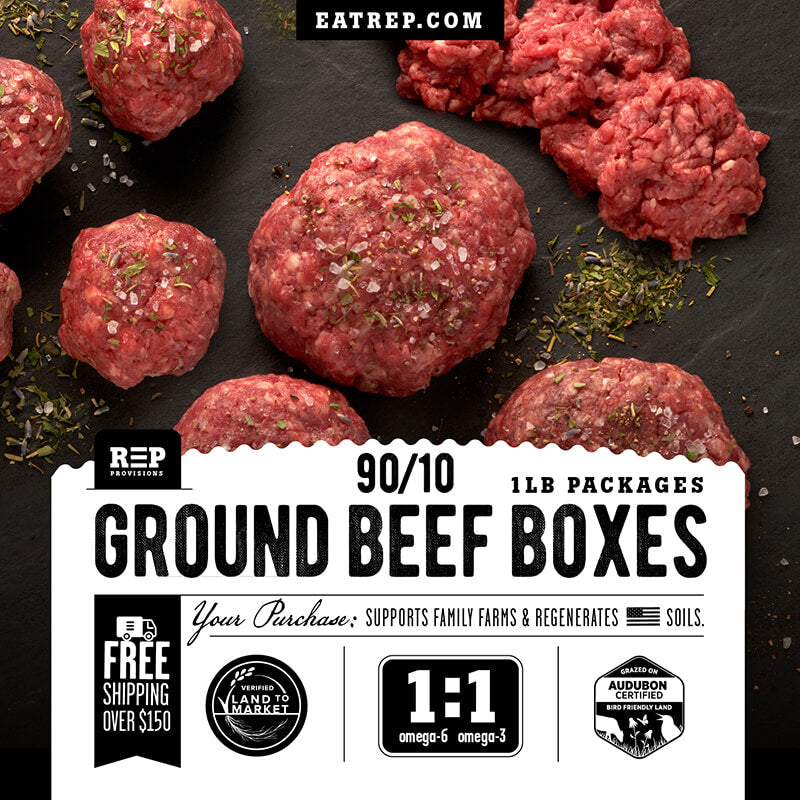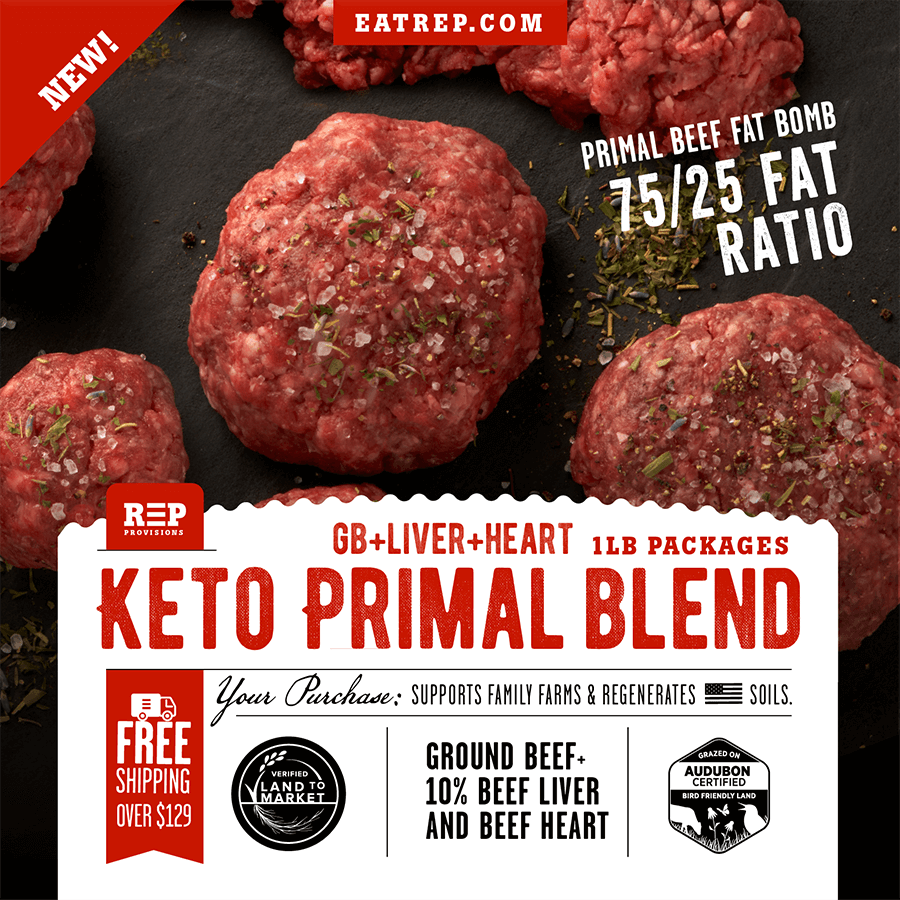We're Doing Our Part to Help the Monarchs: Regenerative Agriculture & Migration Habitat Protection Efforts
Dr. Forrest Pritchard, co-founder of Monarch Watch, notes that monarch butterfly populations are in decline due to habitat loss, climate change, and pesticide use – especially the use of neonicotinoid insecticides. The good news? Regenerative agricultural practices can not only help boost monarch populations, but also improve soil health, sequester carbon, and support other pollinators like bees and wasps in your area. Learn more about our efforts to restore monarch migration habitat through regenerative agriculture! What IS regenerative agriculture? It’s a simple idea, but one that’s often overlooked by conventional farmers. Simply put, it means taking care of your...
Is Regenerative Meat the Next Big Food Trend? Consumers say so.
Today, as a regenerative company we are seeing rapid growth in the interest of regenerative raised meat, which is quickly becoming next big food trend... and it's being driven by consumers.
4 Reasons You Should Try Our Regeneratively Raised Grass-Fed Beef
Welcome to the future, or should I say, ancient past, of eating beef. Our Regenerative Beef is among the healthiest and most delicious beef on the planet today. How can we say that with a straight face? We had our beef tested at Michigan State University* and compared it to an existing database of beef profiles. Read below to see the 4 things that makes our beef uniquely different. 1: REP Regenerative Beef is Nutritionally Better. Raised regeneratively, our cattle live in a fully functioning grassland ecosystem that consists of over 70 different native grass species. This plant biodiversity culminates into...
Regenerative Beef: The Healthier Choice That Goes Beyond Sustainable
What exactly does regenerative mean? And why should we be concerned about sustainability in our food systems? The answers may surprise you...
Recent articles










